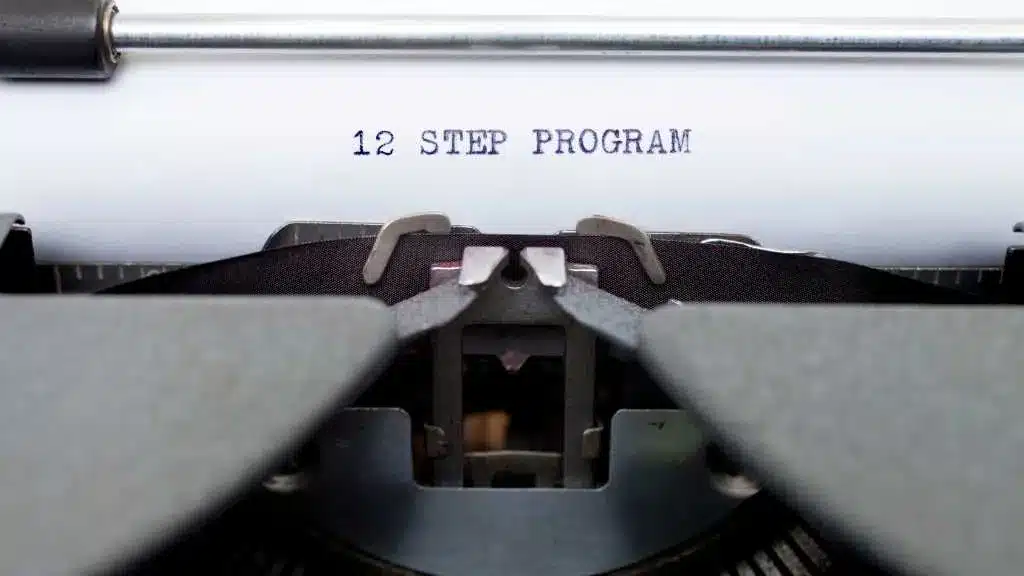If you’re facing the challenge of addiction, it can feel like a weight too heavy to lift. The 12-step program might be exactly what you need: a lifeline when things feel impossible. Alcoholics Anonymous created it, and is now used around the world for all types of addiction. The 12-step program is about building a new life. Let’s discuss what makes the 12-step program so unique and why it could be a powerful tool in your recovery.
What Is the 12-Step Program?
The 12-step program was developed over eighty years ago by Alcoholics Anonymous (AA) to help individuals quit drinking and heal. But that doesn’t include alcohol. Over time, it’s been modified to assist with drug addiction, gambling, overeating, and other issues. If you’re around Los Angeles and are considering a 12-step program in Los Angeles, you have access to a range of support groups and recovery centers dedicated to helping you along your journey.
At its heart, the 12-step program is a trip through twelve phases; each point instructs you to examine your life much more profoundly, make adjustments whenever necessary, and prepare for the long term. You will have people who know what you are going through and a plan to help keep you going forward, one step at a time.
How Does the 12-Step Program Work?
The program’s power comes from how it combines reflection, community support, and personal responsibility. These elements come together in a simple but transformative way, designed to help you build a life free from addiction’s grip.
Step 1: Admitting Powerlessness
The first step is accepting that addiction has taken over and acknowledging that it’s something you can’t overcome alone. Admitting that addiction is something you need support to face can be a huge relief.
Step 2: Belief in a “Higher Power”
A unique feature of the 12-step program is the idea of “higher power.” This isn’t necessarily a religious concept. It’s a broad term that you can interpret in a way that makes sense to you. It might mean faith in a universal force or simply a belief in the strength of the group supporting you.
Step 3: Self-Reflection
The next steps guide you to look at your past actions, habits, and relationships. Addiction can numb your sense of self, making it easy to lose sight of who you are and the impact of your actions. Through honest self-reflection, you’ll start to understand the patterns that have kept you trapped, and you’ll be ready to take the steps needed to break free.
Making Amends
Addiction and drug abuse can damage relationships and cause pain to the people closest to you. A core part of the 12-step program involves making amends and taking responsibility for any harm caused by your addiction.
Finding Strength in a Community
Recovery is tough, but you don’t have to do it alone. Having the support of loved ones is crucial, and many 12-step programs in long-term residential mental health care understand the importance of involving family in the recovery process. One of the most powerful aspects of the 12-step program is the group meetings. Addiction can feel lonely, and being part of a group that accepts you can make a world of difference. You’ll realize that many people have walked this path before, and you’re not facing it alone.
Working with a Sponsor
The program also encourages you to work with a sponsor, someone who has been through the program themselves and knows what it’s like. A sponsor can be a lifeline, especially on days when you feel like giving up. Having someone who has been there gives you a sense of hope and encouragement that only comes from shared experience.
Why the 12-Step Program Works
The 12-step program has endured because it’s a way of life. It combines structure with flexibility. You work at your own pace along a proven path. You have people who know your struggles, the wisdom of people who came before you, and a roadmap to take you there. Many people find strength and motivation in the program’s structure, knowing they’re not alone and that they have a clear set of steps to follow.
Final Thoughts: Is the 12-Step Program Right for You?
Choosing a recovery program is a personal decision, and the 12-step program may not be for everyone. But if you’re looking for a supportive, proven way to address addiction, it may be the right path for you. It respects who you are while guiding you to face your addiction in a meaningful way. Through self-reflection, community, and personal growth, the program offers the tools you need to reclaim your life. With the right support and a commitment to each day, you can move past addiction and start building the future you deserve.




